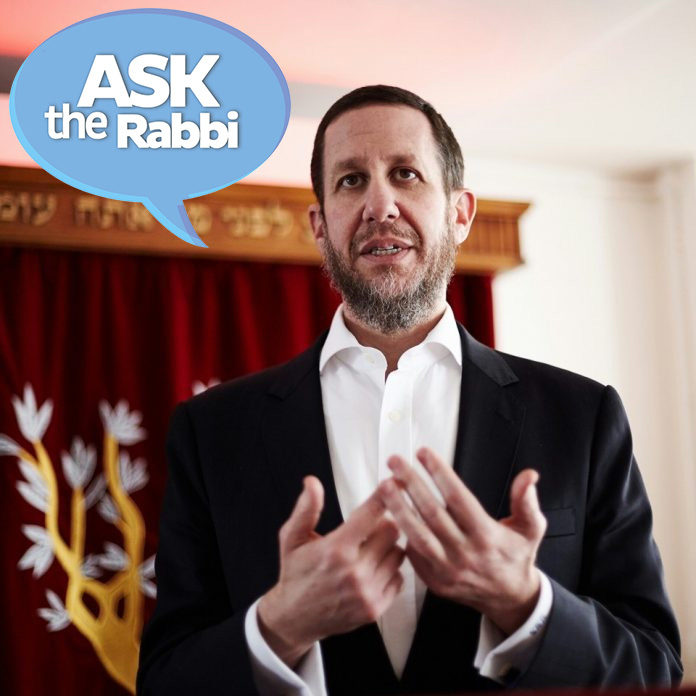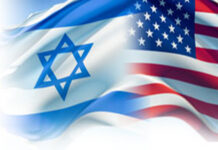
SHOULD WE HAVE SHUT SHULS?
Dear Rabbi
Was it really right to close Shuls during the pandemic and to continue restricting numbers now, even as the Shuls will be opening up again? Surely prayer is what we need more than anything for our added protection.
Shaul
Dear Shaul
Prayer is an essential component of Jewish life. The Hebrew for prayer is “tefilah” which also means attachment, and it is indeed through prayer that we connect with above. Of course that helps to safeguard us in all sorts of circumstances. But, the imperative to protect life overrides all. And when the two coincide, it is perfectly possible to maintain both, bearing in mind that G-d hears and listens to all prayers, whether public or private. In fact you would have to ask yourself, “Is prayer accepted when it is conducted in a forbidden framework?” In other words, just as one would appreciate that praying in a bathroom would be wholly absurd, so too, praying in a setting that constitutes a threat to one’s well-being (which, as Halacha itself insists, must be determined by professional doctors, not rabbis), should fall into the same category.
Rabbi Moshe Isereles (who is our primary Halachic codifier otherwise known as the Rama) ruled that when there is an epidemic (let alone a pandemic) one should leave the city and stay somewhere in the countryside where there are far fewer people. He found himself doing exactly that at one point – and it can be safely assumed there was no minyan there.
Rabbi Akiva Eger famously ruled during a cholera outbreak in 1831, that no shul should have more than 15 people at any one time during the service. He suggests organising a staggered prayer schedule for the daily prayers, to allow as many people as possible to participate. And get this: He adds that they should turn to the police or retain a synagogue security guard in order to limit crowd size and enforce regulations, if need be. I think that says more than the many “holy Jews” today who just feel they know better.
IS BOXING KOSHER?
Dear Rabbi
What is the Jewish perspective on boxing? My son wants to join a boxing club but my thinking suggests that it is wrong as it is a violent sport and can cause real physical damage. Please enlighten me as he has agreed to abide by your decision.
Malcolm
Dear Malcolm
You want the good news or the bad news? Rabbi Yechezkal Landau (1713-1793) discusses the Jewish perspective on hunting: “Somebody who is poor and needs to hunt for his livelihood is permitted by the Torah to do so, just as merchants who travel the seas. Whatever a person needs to do for his livelihood must be permitted, as the Torah says, ‘. . . and he risked his life for it.’… But somebody whose intent is not for purposes of sustenance, but simply wants to satisfy the whims of his heart by going where wild animals lurk, and thus endangers himself, transgresses the verse: ‘And you shall guard yourselves very well.’”
From this it is clear that there are dangerous activities that may ordinarily be prohibited, but for financial considerations one may be permitted to do them. So, as your son is not dependent on this for financial reasons, one might argue against.
Rabbi Moshe Feinstein writes that he was asked whether it is permissible to play professional ball despite the danger of getting hurt. He writes: “It is permitted to engage in a livelihood even if it involves a slight risk. Also, it should be permitted when there is a remote danger of killing others, for what is the difference between the prohibition against killing others and the prohibition against killing oneself? For the sake of livelihood one is allowed to take a risk when the chances are minimal.”
Of course that begs the question, where does one draw the line? Who decides what “acceptable danger” is?
Rabbi Shlomo Zalman Auerbach writes that, in general, we look to the public to determine whether something is considered too dangerous. Is it something they run from or embrace? Since contact sports are generally not something people avoid, one could argue that neither should Halacha view them as dangerous.
Boxing is arguably not something that people run from either. While more people are inclined to play rugby than go six rounds in the ring, I would argue that it is also a means of staying healthy, building self-esteem, and equips one better to walk the streets at night in the face of Anti-Semitism.
Besides, tell your son, I do regular Maui Thai – which is an extreme form of boxing, kicking, and everything in between. You just might want to think twice before you tell him off in the future.









